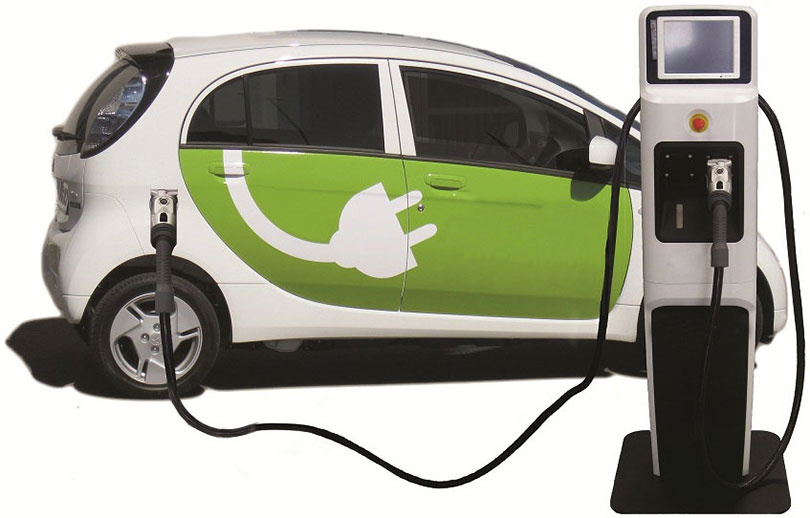Energy Update
The Indian company has been granted one more chance to generate investment
The Supreme Court refuses to issue interim order against Indian company GMR
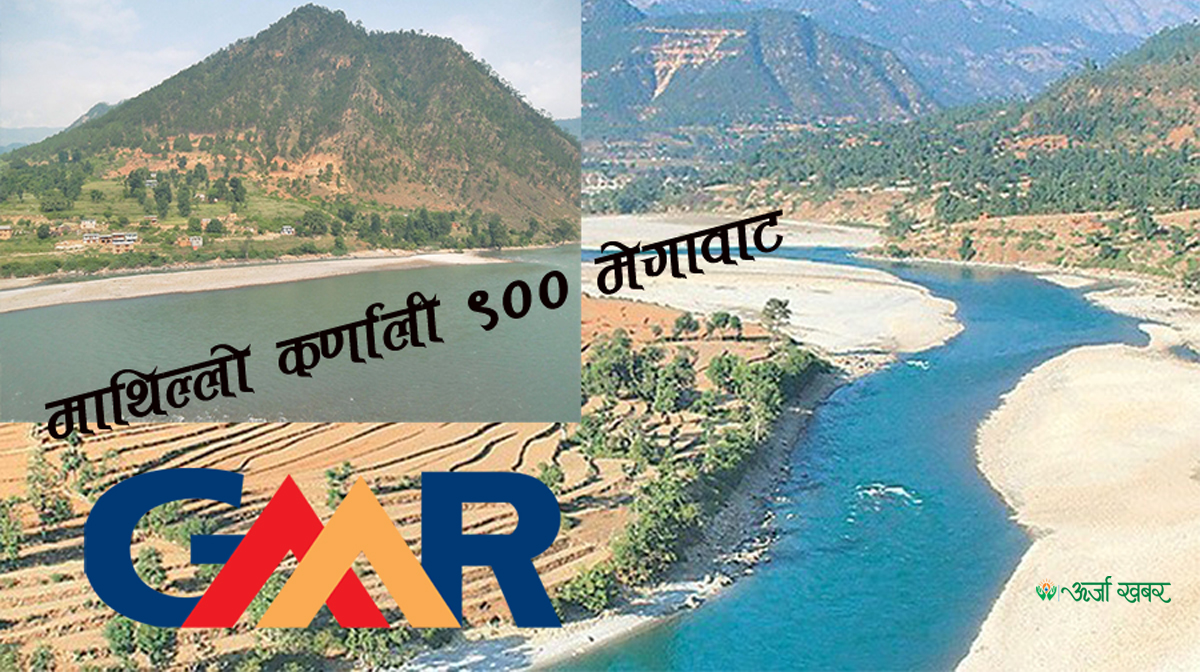
Kathmandu: The Supreme Court (SC) has given its verdict on not issuing the interim order against GMR Energy Company, an Indian developer which has been entrusted with the construction of the 900 MW Upper Karnali Hydroelectric Project.
A joint bench of the SC Acting Chief Justice Harikrishna Karki and Justices Bishowambhar Prasad Shrestha, Anand Mohan Bhattarai, Sapana Pradhan Malla and Tanka Bahadur Moktan decided to dismiss the writ petition that was filed seeking the intervention of the apex court to scrap working license of GMR. The petition was filed by six people that include Ratan Bhandari, a researcher of water resources, on May 7 (last Sunday). The group has alleged the GMR on its negligence leading to delays despite the company receiving deadline extensions multiple times.

With the SC verdict, the Indian company gets an additional two years to general necessary financial resources for its hydropower project. Earlier, GMR had requested the Investment Board Nepal (IBN) to extend the deadline for the purpose. This has also paved the way for the Indian developer to take forward the issue of selling 500 MW of electricity to Bangladesh, the project that has been principally agreed upon and left with signing the power purchase agreement (PPA).
The Cabinet meeting held on July 15, 2022, decided to extend two more years to raise financial resources as requested by GMR. KK Sharma, the representative of GMR for Nepal, said they will first approach to the IBN for the necessary information on the new development after the SC’s decision.

“I just come to know about the decision of the Supreme Court, as we are working through the IBN, we will proceed by consulting with the board," Sharma told Urja Khabar. "Now we are trying to take this matter to a conclusion as soon as possible. If the PPA is signed with Bangladesh, our one-level work will be completed and we can start the construction of Upper Karnali.
GMR has informed that final preparations are being made to sign the PPA with Bangladesh. Previously, a memorandum of understanding has been signed with Bangladesh through NVVN Electricity Trading Corporation of India. On December 18, 2019, the Public Procurement Committee (CCPP), an authority under the Council of Ministers of Bangladesh decided to buy the aforementioned amount of electricity generated by the Upper Karnali Hydroelectric Project.
It is stated that GMR will sell 500 megawatts of electricity for 25 years through the Power Trading Authority of India (NTPC Vidyut Byapar Nigam Limited - NVVN). Bangladesh's online newspaper 'Dhaka Tribune.com' has mentioned that Bangladesh will pay a total of 381.675 billion takas (about 5.1135 trillion rupees) to GMR through NVVN in 25 years for the electricity trade. Abiding within the terms and conditions of the Central Electricity Regulatory Commission of India, the NVVN will sell power generated from the project.
According to the Cabinet decision, GMR will sell the power of Upper Karnali for 25 years at the rate of 7.7172 US cents or 6.4284 Bangladeshi takas (about Rs 8.80) per unit. Bangladesh has delegated Bangladesh Power Development Board (BPDB) authority for the power purchasing agency (nodal agency).
A preliminary memorandum of understanding (MOU) has already been signed between the board and NVVN to purchase power. According to the Rapid Power and Energy Supply Enhancement Act 2018, preparation is being done to ink a PPA between the BPDB and the NVVN.
A provision has been maintained to provide 108 megawatts (12 percent) of the electricity produced from Upper Karnali to Nepal free of cost. However, GMR has not yet decided where to sell the 292 MW of electricity that will remain after selling electricity from the project to Bangladesh. Although there is talk of selling it to India's Hyderabad state, it is said that no official decision has been made about it so far.
A Project Development Agreement (PDA) had been signed between the IBN and GMR on September 19, 2014, for the construction of the project. In the agreement, a goal was set to raise investment within two years from that date and to complete the construction within the remaining five years, but the company has not been able to raise investment even in the past seven years.
Since then, the Indian company has been requesting the Nepali government authority to extend the deadline every two years, promising to generate financial resources in the stipulated time. If the work had progressed as per the PDA, the project's construction would have been completed and power generation has already been started within the given time period.
The PDA was signed about 10 years after obtaining the permit for the feasibility study. It has already been 17 years since the Indian company was linked for the first time to the Upper Karnali project.
Earlier, in 2011, the government had scrapped the license of Australian company Smack that was assigned to build the 750 MW West Seti, after the company failed to fulfill its task in 17 years and it was given to a Chinese company. Now, the license of this project has been given to India's NHPC Limited.
Conversation
- Info. Dept. Reg. No. : 254/073/74
- Telephone : +977-1-5321303
- Email : [email protected]









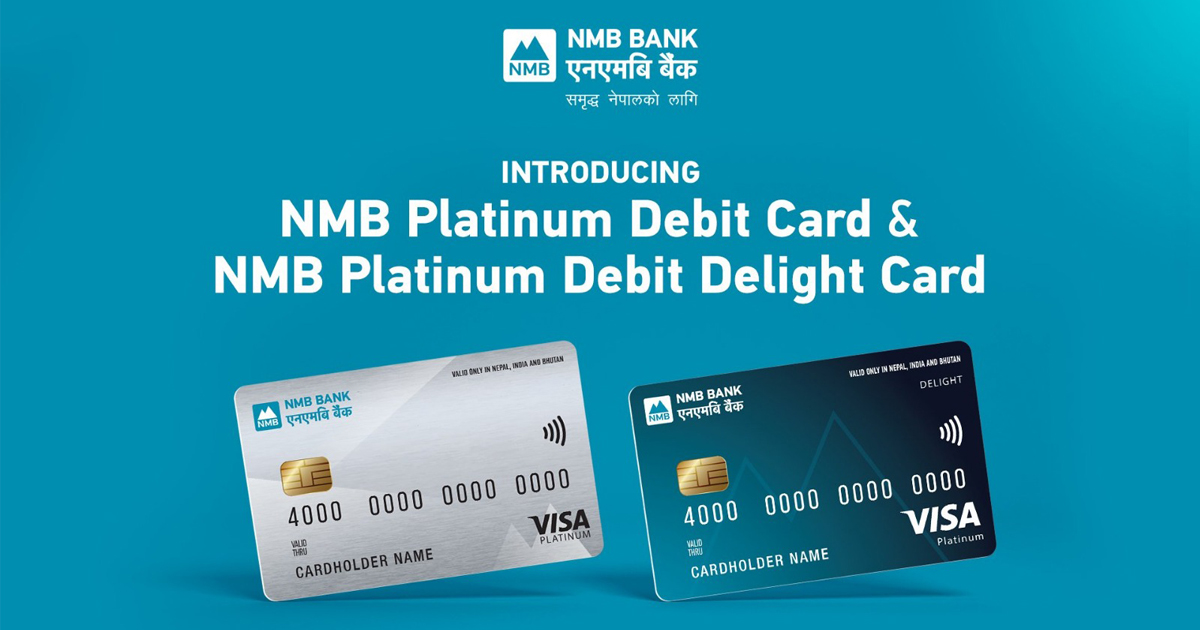
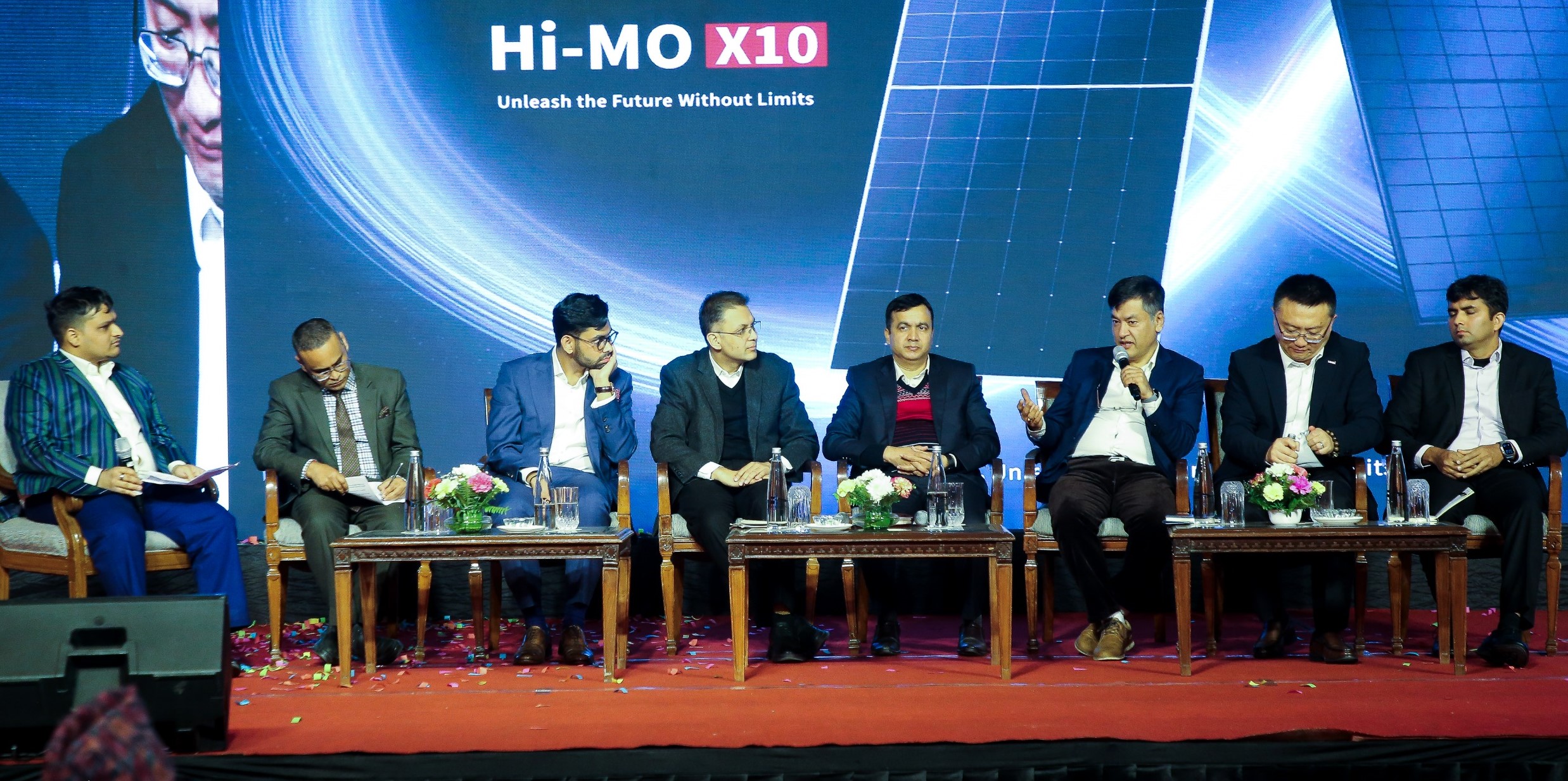

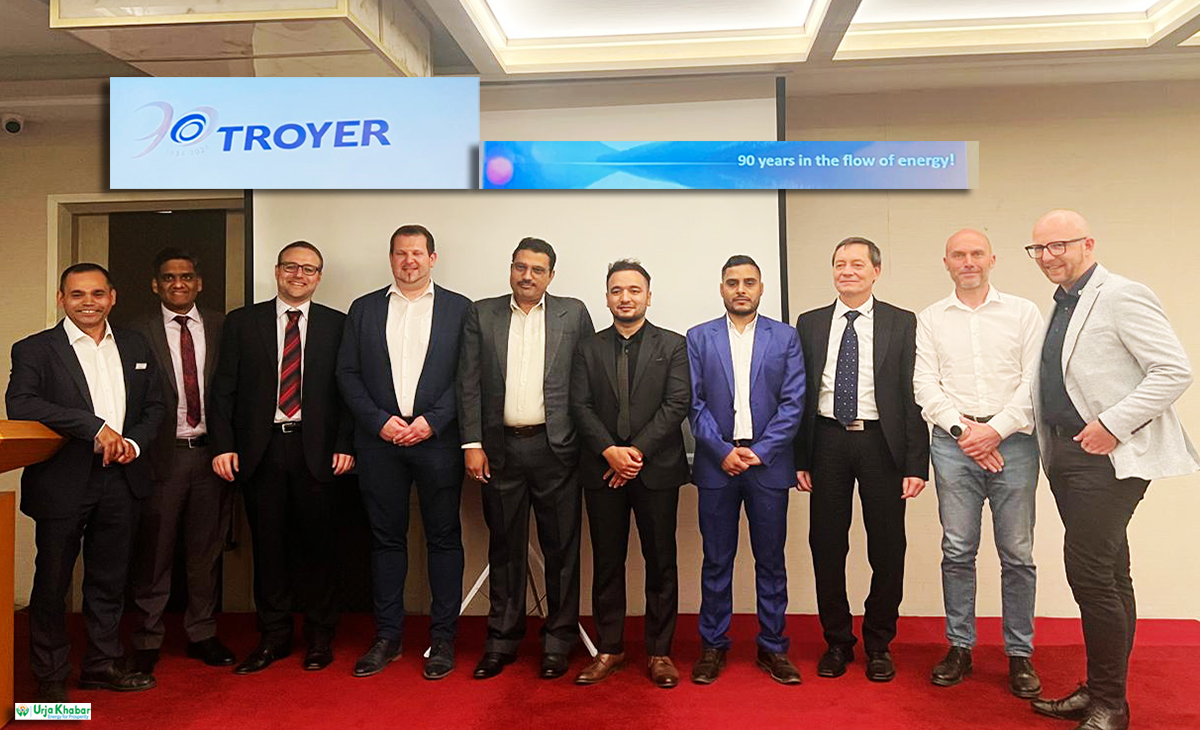
.jpg)
